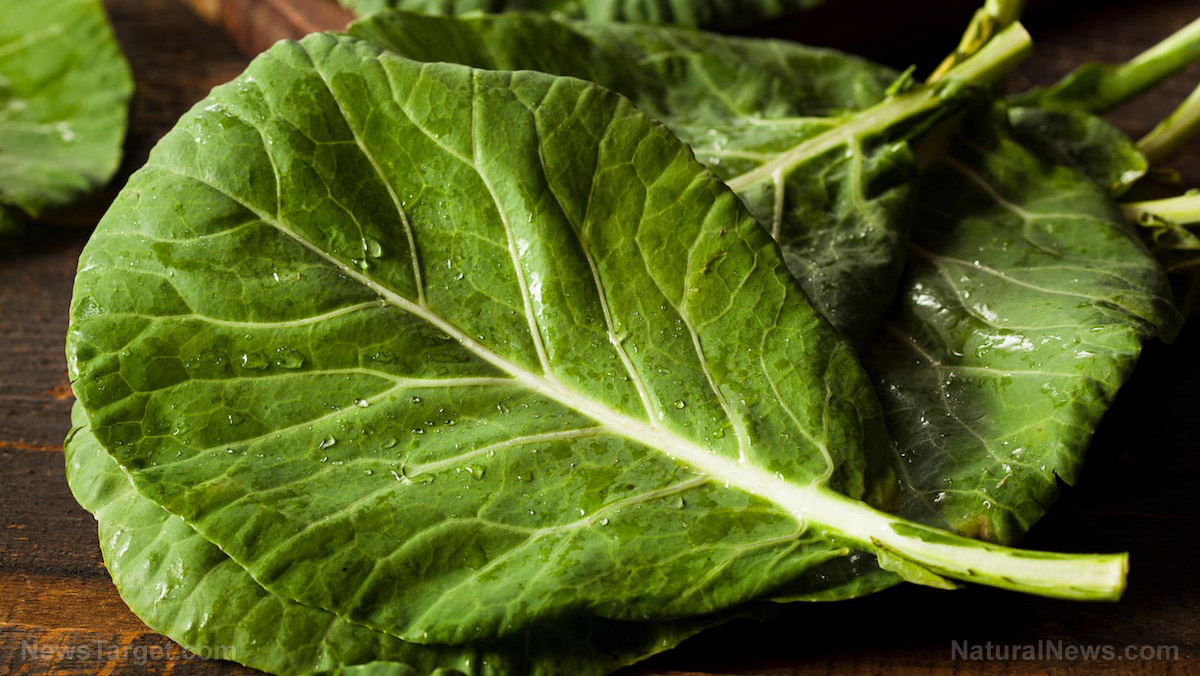Spicy foods found to keep cancer and heart disease at bay
03/18/2019 / By Michelle Simmons

Spicy foods usually give a “kick” to your taste buds — but they’re more than just that. Researchers found that eating spicy foods helps you live longer and cuts your risk from dying due to cancer, heart disease, and respiratory problems.
The researchers, who were from Harvard T.H. Chan School of Public Health and Brigham and Women’s Hospital, collected health and diet data from 487,375 individuals, who were 30 to 79 years old, from a Chinese population study. Using the data, they looked at the link between regular consumption of spicy foods and mortality.
After an average follow-up of 7.2 years, the researchers recorded 11,820 deaths among men and 8,404 deaths among women. Based on their analysis, those who ate spicy foods on a frequent, regular basis were 14 percent more likely to live longer than those who do not eat spicy foods as much as they did. Frequent consumers of spicy foods were also less likely to die from diseases, such as cancer, heart disease, and respiratory problems. The most commonly used spices in these foods were fresh and dried chili peppers. These conclusions were drawn only after the researchers took into consideration other known factors.
Built on this research, a more recent study published in the journal PLOS ONE has supported that spicy food may help prolong life. Researchers from the University of Vermont College of Medicine assessed 16,179 adults who filled out the National Health and Nutrition Examination Survey from 1988 to 1994.
After a follow-up period of two decades, 4,946 died. Those who consumed red chili peppers died at a rate of 12 percent less compared to those who did not. These findings suggest that eating chili peppers could lower rates of death from any cause, but it was the strongest for deaths caused by vascular diseases such as heart disease and stroke.
The power of the elements: Discover Colloidal Silver Mouthwash with quality, natural ingredients like Sangre de Drago sap, black walnut hulls, menthol crystals and more. Zero artificial sweeteners, colors or alcohol. Learn more at the Health Ranger Store and help support this news site.
Spicy foods keep the heart healthy
Earlier studies have shown that bioactive ingredients in chili peppers, including capsaicin, have anti-obesity, antioxidant, anti-inflammation, and anti-cancer properties. Capsaicin is a compound found in jalapeños, cayenne pepper, and red chili peppers that gives their kick. Other studies have supported the association between spicy foods and prevention of diseases, such as heart disease. In a study presented in the American Chemical Society, researchers have revealed that capsaicin may reduce the risk of cholesterol buildup, which in turn, can help prevent heart problems. In addition, the researchers discovered that this compound can improve blood flow in the vessels because it is known to block a gene that narrows the arteries.
Another study, which was carried out by researchers from the Third Military Medical University in China, has shown that people who enjoyed spicy foods are less likely to eat salt, which leads them to have a lower risk of heart problems because too much salt has long been associated with high blood pressure. The researchers found that spicy food tricks the brain into wanting less salt. Based on brain scans, they found that the regions responsive to saltiness and spiciness overlapped. In addition, spiciness increased activity in brain areas affected by salt. This meant that those who ate more spicy foods were more sensitive to salt, so they consumed foods that are less salty.
Other benefits of eating spicy foods
Various studies have also shown that chili peppers provide the following health benefits: reduce the acidity in the digestive tract that causes ulcers, alleviate migraines, relieve joint pain, aid in weight loss, soothe psoriasis, protect against cancer, strengthen the immune system, prevent bad breath, and combat allergies.
Visit FoodIsMedicine.com to learn more about the health benefits of eating spicy foods.
Sources include:
Tagged Under: cancer, cardiovascular health, food cures, food is medicine, functional food, health, Heart, heart health, longevity, prevention, Spices, spicy foods




















